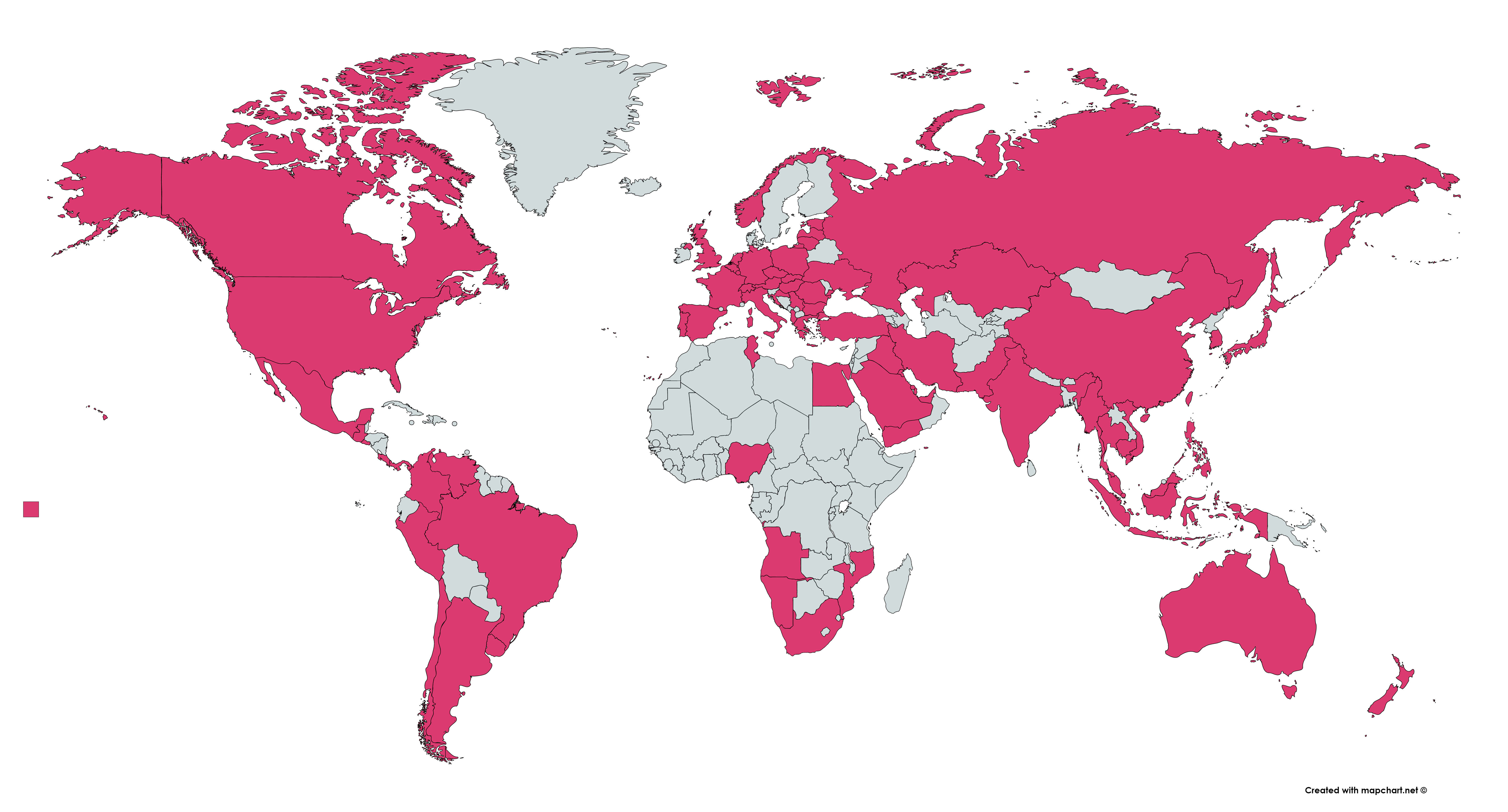Evidence of impact – or efficacy, as it is sometimes known, is the ability to demonstrate that educational products and services make a positive impact on teaching and learning, that they actually deliver on learning outcomes and genuinely support those they are designed to benefit – whether they are teachers, learners, senior leaders or parents/carers. For example, Does this resource help to improve engagement in reading? Does this course support pupils learning English as an additional language?
Why is it becoming increasingly important?
There has been a steady increase in the demand for us to demonstrate that our products and services work. This is coming from educators around the world looking to make the most of limited education budgets. Understandably, everyone wants to ensure that the resources they purchase for their schools will make a real difference to educational outcomes, especially as budgets get squeezed!
“Impact is crucial to all that we do as if we are paying for a product we need to see it is making a difference to the children we are working with.” Cheryl, Teacher at an Academy in England for 4-7 year olds.
“I think evidence of the impact of an educational resource is critical information…It helps educators make better decisions and spend limited financial resources wisely.” Paulette, Teacher at a Public school in Trinidad and Tobago for 11-16+ years.
What have we learned at OUP?
It became clear that evidence of impact is important to our customers so in 2014, we embarked on the Oxford Impact Project. The aim of this was to develop a rigorous approach to evaluating the impact of OUP’s educational products and services around the world. An exciting, yet daunting prospect!
We brought in the National Foundation for Educational Research (NFER) to help us. They spoke to OUP employees, key stakeholders, and customers across the globe to understand what people really need. We then worked together to develop the Oxford Impact Framework, which provides us with a consistent and rigorous process for planning and undertaking impact studies. It is these impact studies that enable us to assess the change a product or service has on the group of people it is intended to help or benefit, e.g. does this resource help to engage boys in reading?
Carrying out impact studies not only enables us to gain greater insights into how our educational products and services are being used, but also provides us with the opportunity to collaborate and build deeper relationships with educators at all levels. More than 1100 educators and learners in over 75 countries have participated in our impact studies.

Our colleagues also talk about how motivating it is to see the difference that our products are making, and they really value the feedback that we get from customers on how we can improve our resources. We love it when we see changes being made to new editions knowing that it will make them even more impactful.
“I have found it really motivating and rewarding working on the Oxford Discover impact study and seeing what a positive and tangible benefit it is having on teachers and students learning English.” Katy Beardall, Assistant Marketing Manager, OUP Oxford.
“The impact study we conducted on an Oxford Teachers’ Academy course uncovered some interesting thought and behavioural patterns of teachers which enhanced my understanding of how the course can be improved to deliver better results.” Zehra Nasim, Senior Manager, Marketing Communications, OUP Pakistan.
With an ever-changing educational environment, access to quality resources alongside quality teaching practices (whether that is in the classroom or remotely) becomes even more important. With nearly 50 impact studies already under our belt, the good news is that we are committed to continuing this work, undertaking more impact studies to provide you (and us) with valuable information about our products and services. Information that you can trust and will help you to make the best decision on the resources that will deliver the positive outcomes you need.
If you would like to find out more information on how OUP is evaluating the impact of their products and services, visit www.oup.com/oxfordimpact.



